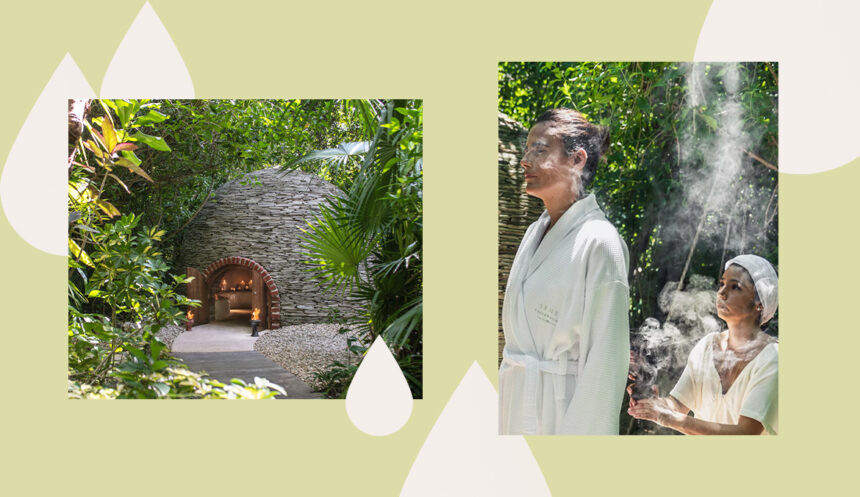Sweating is a natural bodily function that serves a crucial purpose in regulating our body temperature. When we get hot, our blood heats up, and sweating helps to cool us down by evaporating sweat on our skin. This process of evaporative cooling is essential for maintaining a stable body temperature and preventing overheating.
But beyond its physiological benefits, sweating also has emotional and psychological effects that can make us feel good. When we sweat, our heart rate increases as our body works to cool itself down. This increased blood flow can feel invigorating and can also trigger the release of endorphins and adrenaline, commonly known as “happy hormones.” These chemicals can contribute to feelings of euphoria and well-being, making sweating a pleasurable experience for many people.
Sweating has long been associated with relaxation and purification rituals in various cultures around the world. Saunas, steam rooms, hot yoga, and sweat lodges are all examples of practices that involve intentional sweating for health and wellness benefits. These practices have been shown to have positive effects on cardiovascular health, muscle relaxation, stress reduction, and overall well-being.
While sweating can have many benefits, it’s important to note that sweating alone does not “detox” or “purify” the body in the way that some wellness claims suggest. The body relies on the kidneys and liver to filter out toxins and waste products, not sweating. Sweating does help to regulate body temperature and can provide temporary relief from muscle tension and stress, but it is not a substitute for proper detoxification processes.
Ultimately, the love of sweating and the rituals associated with it are deeply ingrained in human culture and history. Whether it’s a traditional Temazcal ceremony in Mexico or a relaxing sauna session in Finland, sweating has a universal appeal that goes beyond its physiological effects. So the next time you find yourself enjoying a good sweat, remember that it’s not just your body that’s benefiting—it’s also your mind and spirit. The Temazcal experience at the Rosewood Mayakoba resort in Riviera Maya is truly unique and transformative. As I entered the domed space, I was struck by the sacredness of the ritual and the sense of rebirth that permeated the air. The shaman, who comes from a long line of shamans, led us through a ceremony that focused on the four stages of life: infancy, adolescence, maturity, and acceptance of death.
What struck me most about the experience was the emphasis on relationships. As we chanted “For me and for all of my relationships,” I realized that the Temazcal was not just about personal growth, but also about strengthening the bonds we have with others. My husband and I went through the ceremony together, facing the heat, the steam, and the unknown with a sense of unity and shared purpose.
The heat and intensity of the Temazcal created a sense of challenge and accomplishment that brought us closer together. As we emerged from the dome, dripping with sweat and steam, we felt a deep sense of connection and renewal. The phrase “I am reborn” echoed in my mind, reaffirming the power of the experience to transform and rejuvenate.
While the authenticity of the Temazcal ceremony may be questioned in a resort setting, I am grateful for the opportunity to participate in this ancient ritual. The sense of community, the focus on relationships, and the feeling of rebirth are aspects of the experience that will stay with me long after I have left the Temazcal behind.
In a world where we are often disconnected from ourselves and others, the Temazcal offers a powerful reminder of the importance of connection, renewal, and shared experience. It is a journey that I will always cherish and a memory that will continue to inspire me in my daily life.







